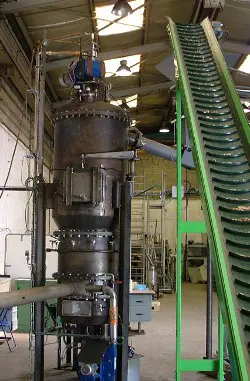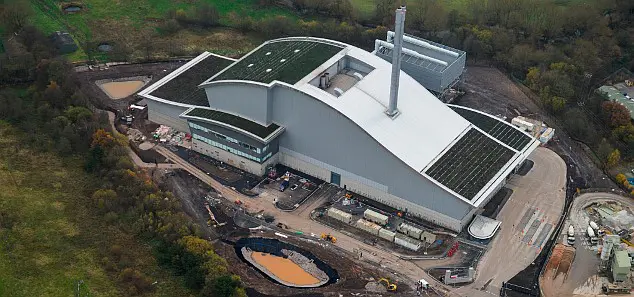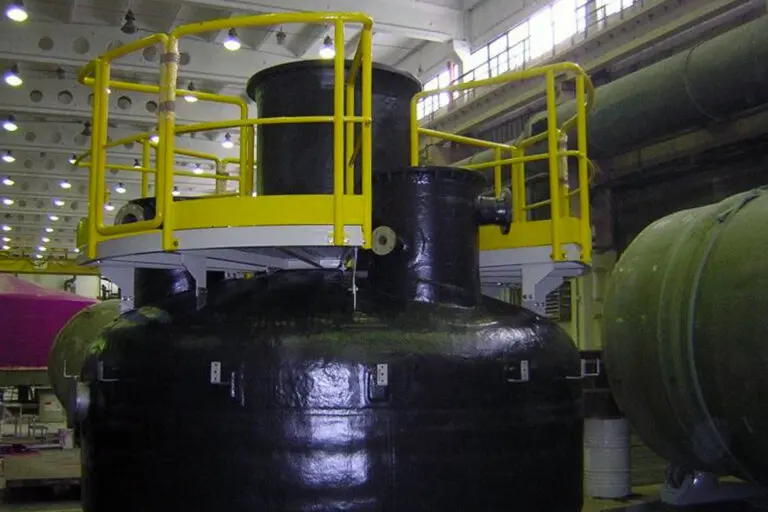 COGEBIO, a biowaste gasification technology developer based in the Rhône-Alpes region of France, has secured funding from Suez Environnement’s venture capital fund, Blue Orange, as well as from the Demeter 3 Seed Fund, managed by Demeter Partners.
COGEBIO, a biowaste gasification technology developer based in the Rhône-Alpes region of France, has secured funding from Suez Environnement’s venture capital fund, Blue Orange, as well as from the Demeter 3 Seed Fund, managed by Demeter Partners.
According to Suez (Paris: SEV, Brussels: SEVB), COGEBIO takes a new approach to biomass gasification and following several years of work has developed a range of solutions to produce ‘GASCLEAN’ from biomass.
The technology developer is a spin-off from France’s IFP Energies Nouvelles – a public-sector research centre,
Suez said that combined with a hybrid burner (synthesis gas and natural gas), developed specially by COGEBIO, the GASCLEAN gasification reactor produces a clean, ready-to-use synthesis gas.
Furthermore, the technology is claimed to be capable of processing feedstocks ranging from woodchips to a wide variety of agricultural wastes, with plans to extend this to include waste wood and compost.
According to Suez the process has an applicable power range of 50 to 2,000 thermal kW, and potentially offers a rapid return on investment for industrial, public authority or service sector customers by meeting their heat requirements while reducing their fossil fuel consumption and their energy bills.
Process
According to COGEBIO, during the process, the waste being treated is subjected to four phenomena:
1. Drying: The fuel moisture is removed by evaporation. This process is endothermic and occurs at a temperature between 100°C and 160°C.
2. Pyrolysis: Combustible and non-combustible gases are released by the dry biomass above 250°C. These gases consist of non-condensable vapours (methane, hydrogen, carbon monoxide, carbon dioxide) and condensable vapours (tars). The residue of this operation is called coke and contains minerals.
3. Oxidation: The oxidation occurs in the presence of the reactive gas (air, water vapour, pure oxygen, hydrogen) and provides the necessary heat for the gasification process.
4. Reduction: Coke reacts with water vapour and carbon dioxide to create hydrogen and carbon monoxide, the main components of the fuel gas produced.
Funding
COGEBIO launched GASCLEAN as a commercial operation at the start of 2013 and claimed to have received keen interest from industrial customers for its first 2 MW device currently in production.
Having secured support for developing pilot units from Oséo (a French institution that promotes economic development), and the Rhône-Alpes regional authority, Suez said that this first round of funding will allow COGEBIO to scale up its business development, adopt a structure to cater for the growth of the business and pursue its R&D efforts.
Indeed, according to Suez COGEBIO is adding to its range of technologies with the development of a new and efficient cogeneration system for simultaneous heat and electricity production, which is currently at prototype stage.
The technology is said to combine a hot air turbine with a heat exchanger for decentralised energy production close to where it is needed.
“This round of funding is an important milestone in the company’s development, giving us the means to install our first units and increase our marketing efforts,” explained Etienne Lebas, chairman of COGEBIO.
Lebas added that the company also wants to focus on the recovery of energy from waste, and that this will be easier with support from Suez.
Read More
POLL: Is waste Gasification Coming of Age
With an increasing number of projects globally, are waste gasification technologies coming of age?
SITA to Build Waste to Energy Plant as Part of £1.1bn PFI in Cornwall
SITA is to go-ahead with building the controversial St Dennis waste to energy facility in Cornwall under a 30 year Private Finance Initiative (PFI) contract worth £1.1 billion to manage residual household waste and recycling with Cornwall Council.
Fulcrum to Develop Aviation Biofuels from Waste with DoD Grant
Fulcrum BioEnergy, has been awarded a grant from the U.S. Department of Defense to develop renewable ‘drop in’ aviation biofuels.








